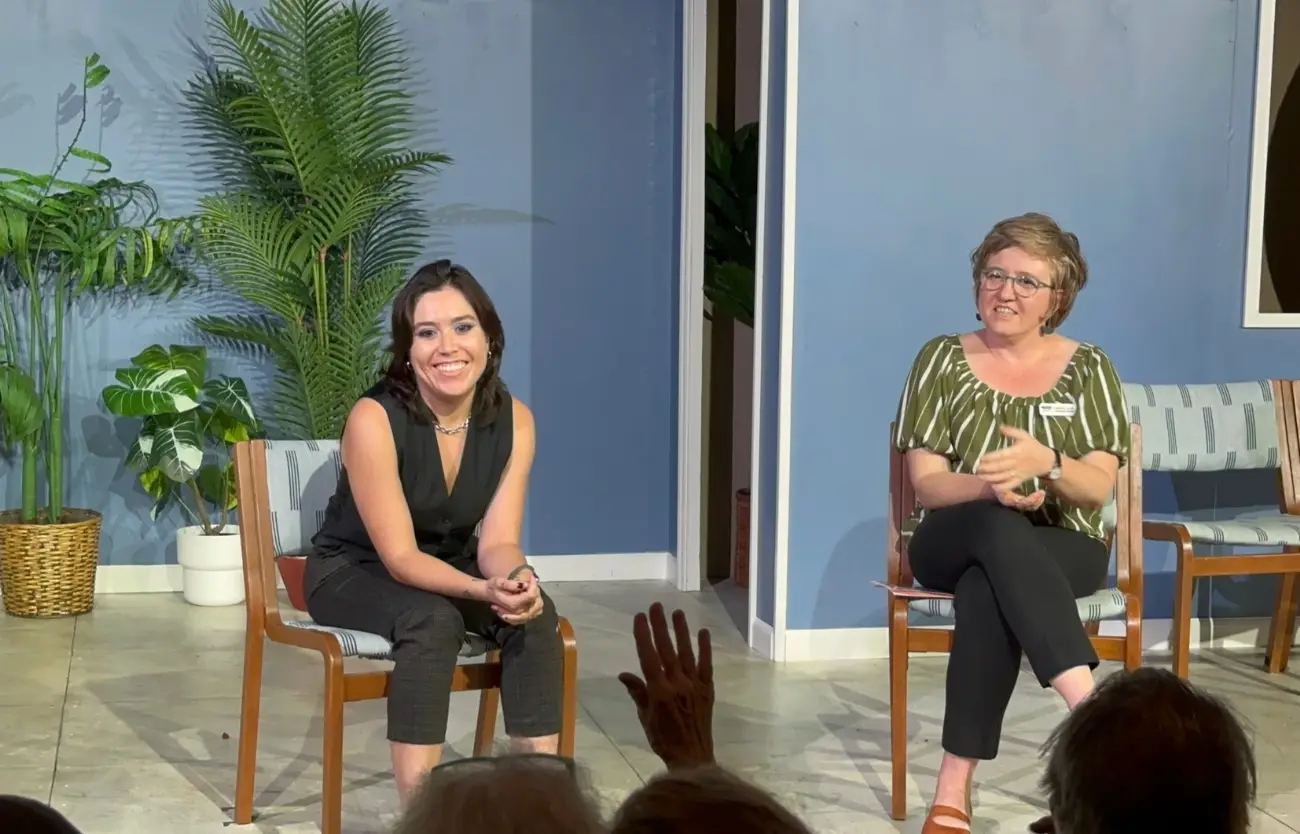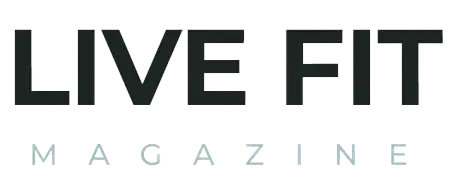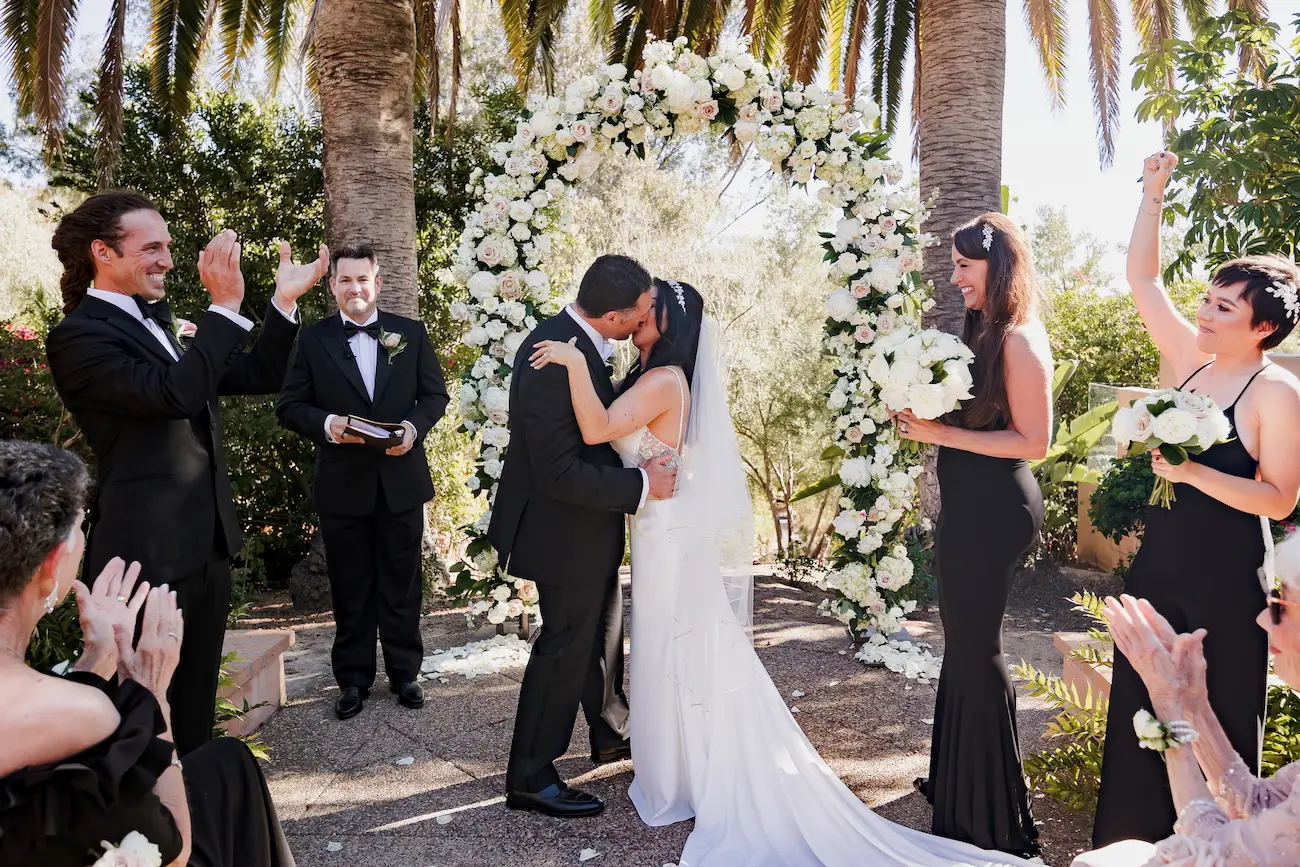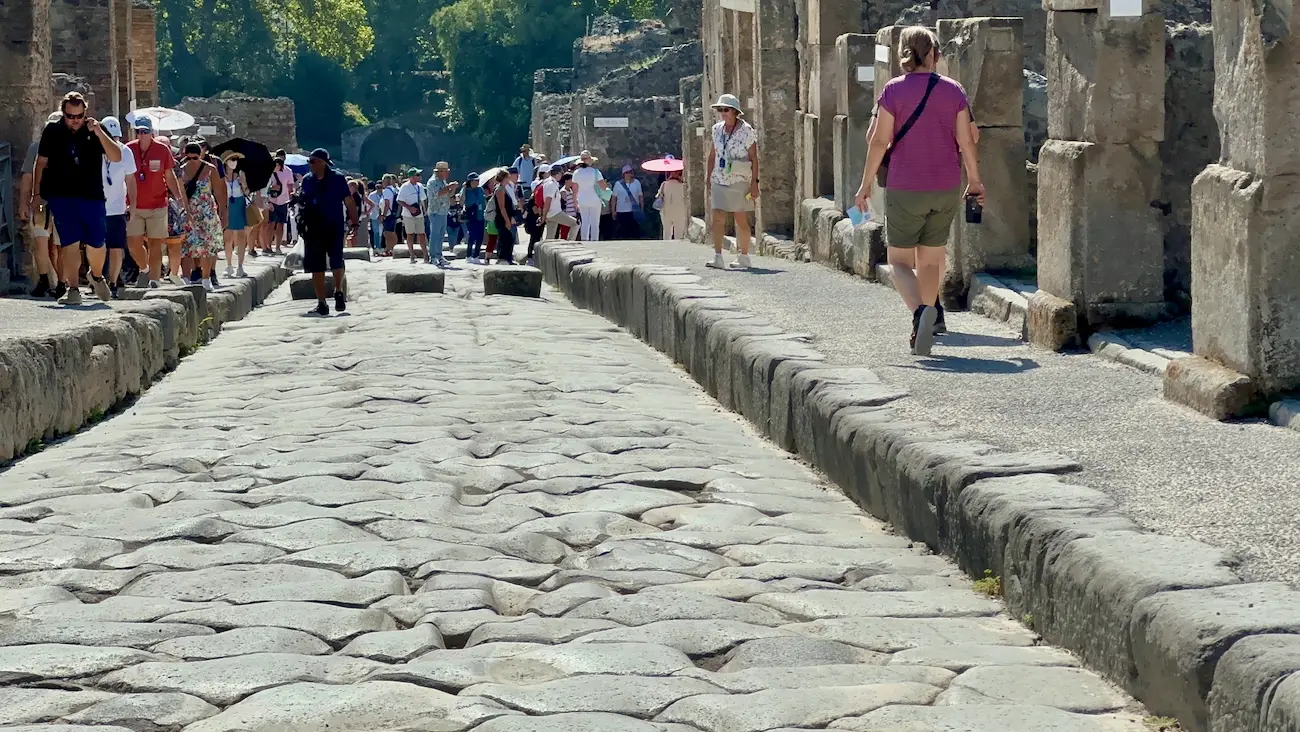
Talkback with Playwright Siena Marilyn Ledger on ‘Man and Moon’
In this transcript, playwright Siena Marilyn Ledger discusses their play, which features a trans character going through breast cancer. Ledger explains that they wanted to tell a story that adds to the history of the trans and non-binary community, showing acceptance and interaction rather than just focusing on the difficulties of being trans in society. Valentina Lunati, from Moxie Theatre, praises the play for not solely being about being trans, but rather a story where being trans is just a part of life. Ledger also discusses their inspiration for including a trans character in the play, wanting to challenge the notion that breast cancer is solely a woman’s disease. The conversation touches on the themes of grief, loss, and the importance of connection and friendship. Ledger shares their hopes for the play, wanting it to reach as many people as possible and leave them with an understanding of the importance of connection and the value of time. The audience also praises the play for its authenticity and powerful portrayal of emotions.
Note: the transcript was completed with computer voice recognition software; please excuse the minor errors in punctuation and grammar. You may also want to turn on closed captions for the video by clicking the “cc” button on the bottom right-hand side of the video player.
Transcript
Siena Marilyn Ledger:
I’m Siena. This is the play that I spent time working on.
Valentina Lunati, Moxie Theatre:
So I’m going to open it up to questions from everybody, but I just did want to start off with one thing, so you might all be aware already. This is Trans Awareness Week this week. So I do want to hear about what were your hopes in writing a play where the main character is a trans character. And your thoughts on this week and the community.
Siena Marilyn Ledger:
So many thoughts, but I think what I hope with this piece is just that It’s another story, another piece of history that will live on forever, hopefully for the trans and non-binary, gender, non-conforming community as we don’t have a lot of history, so it’s important that it’s just another voice and a voice that’s showing a piece of life, not just talking about the process of going through that and the difficulties of that being in the society. I think what’s special about this is we have Luna, and Luna is such just like an open and accepting person, and I just think that seeing that interaction and that acceptance is something that I hope people can relate to or learn something from.
Valentina Lunati, Moxie Theatre:
Yeah. And I don’t know, for me, it is not a play about being trans. It’s a play where being trans, is just part of life. It’s just a trans character going through something that a lot of other people go through.
Siena Marilyn Ledger:
Right, exactly.
Valentina Lunati, Moxie Theatre:
It’s beautiful. Do we open it up right away?
Siena Marilyn Ledger:
,Yeah, let’s open it. Yes.
Audience Question 1:
So, what inspired you to include a trans character in this play?
Siena Marilyn Ledger:
Good question. Thank you. What inspired me to tell the story of a trans person going through breast cancer primarily was the realization upon attending many of breast cancer functions, whether that was the Susan G. Coleman breast cancer walk, I was a cheerleader. We used to have to wave pompoms for them during that time, which is awesome. But also going to breast cancer support groups and hearing again and again and again how this is a woman’s disease specifically when it’s not specifically just a woman’s disease. Literally, anyone can get breast cancer who has breasts.
And that is something that I kind of wanted to open another lens to make it broader, if you will, and tell a story of someone who maybe isn’t within that specific vein of a woman.
Valentina Lunati, Moxie Theatre:
And I think, yes, it’s so important. We talk a lot about women’s issues, but really they’re not just women’s issues a lot of the time.
Siena Marilyn Ledger:
And I wanted to see what it would look like for someone who maybe doesn’t hold such tender or the exploration of those parts that you’re losing with someone who maybe didn’t necessarily hold value or the same kind of attachment or identity with those pieces and explore what that would feel like in terms of letting go.
Valentina Lunati, Moxie Theatre:
That’s beautiful. And obviously talking about letting go makes me think about grieving and losing someone, which is the other big part of the play and what inspired that side of the play.
Siena Marilyn Ledger:
So there’s two losses. We have Aaron’s loss where he did get a chance to say goodbye, not in all the ways that maybe he felt honest, but he did have that moment. And you have Luna didn’t essentially. And both of those feelings are really different. And I think they’re both important and they have their own grieving pattern and journey because when you don’t say goodbye, you kind of are left to draw all these conclusions on your own. And when you do say goodbye, I mean there’s different conclusions that you draw. Did I say everything that I mean to? Was it really goodbye? So that I think I wanted to explore specifically with their relationship with each other and how they can learn to accept and integrate that grief because you never get over it. It becomes a part of your universe.
Yes.
Valentina Lunati, Moxie Theatre:
Do you want to ask a question?
Stella (child in audience):
How did you get the soundtrack?
Siena Marilyn Ledger:
That’s the greatest star in this audience, Stella. The soundtrack was inspired by a multitude of very, very cool people with even cooler music tastes than me. And I am always in awe, specifically, definitely my stepdad was a huge influence, and especially the music scene with the guitar teaching moment; that is something that is really personal. I think it’s a great way to, it is a learning opportunity, right? It’s an opportunity for Luna to learn something from Aaron when Luna is basically teaching Aaron all about himself throughout the whole play. But the soundtrack is a multitude of just everyone and everything that has given me inspiration. So thank you for that.
Audience Question 1:
Yes.
Audience Question 2:
In what ways, if any, do you relate to the characters?
Siena Marilyn Ledger:
A lot? I think it’s funny to think that you wouldn’t when you wrote it, so I’ll admit that I do. I think that I hold both. I think that there’s space for both of them in me, and I think that’s kind of, what am I even trying to say here? I just relate to them both in that I understand Aaron’s journey in the sense that there’s a lot that he’s coming to terms with and hiding and also trying to, he doesn’t quite understand where he fits within the mold of his community, cause he’s somewhere in between, as he says. And with Luna, I do think that I was like that as a kid for sure, and probably still am in a lot of ways to over exuberant and talking about whatever stuff. And I think they’re very similar to each other if you kind of look past the outside. And so in some ways, one is kind of a reflection of the other at a different time in life. And so I think that they look at each other in that way, and I look at them both in that sense of, this is me then and now, and they’re both a part of Me.
Valentina Lunati, Moxie Theatre:
How was the process of writing this play? I know it went through a role of war Premier last year and before that you’ve worked on this for a long time?
Siena Marilyn Ledger:
It started in college when I was a junior. No, yeah, I think, and we had a production with my first director, Kat Debo Peterson. They directed just like it was a one night show and everyone really took to it and took something from it. And fortunately I had a lot of mentors who were super helpful and very encouraging and were like, this is a piece that you’ll want to keep working on. Don’t just move on to the next without thinking about this one a little bit more. So I did, and that was almost like eight to 10 years ago, I think. So it’s been a long journey since then. I spent a lot of times in a lot of coffee shops and sending it to a lot of other people in the L-G-B-T-Q community and people who gone through breast cancer just to get a better sense of where do you feel and where can I improve?
So it took a lot of reconstructing and also really placing myself within both of their shoes to get to that part. I think.
Valentina Lunati, Moxie Theatre:
Yeah, there’s also all the science stuff in it, so we at Moxie had to get in touch with that astrophysicist to kind of give the cast a little bit, the director a little bit of yes, just make sure they were saying the right things in the right way. I appreciate that. So how much research did you have to do to write that?
Siena Marilyn Ledger:
I studied, I didn’t major or minor in astronomy, but I had a lot of courses because I was just super into it at the time. And I also just am kind of i’ll nerd out about that. I remember one night I just fell asleep watching videos about black holes, and I heard about quasars that night and I was so fascinating. There’s so much and they all are around, and then there’s got, it’s just wild. So the wonderful thing about space is it’s a great equalizer. Everything, we all look at it not the same way or even in the same part, but it is something that really kind of reminds us how small we are, but not insignificant.
Valentina Lunati, Moxie Theatre:
And it has this, there’s so things that are unknown in the universe that I feel like relates a lot to the characters exploring sense, things they don’t know and don’t make sense about themselves.
Siena Marilyn Ledger:
And I think that’s the cool thing is that that doesn’t make sense if these big things can happen and we don’t have explanations for them, I think it justifies the things that don’t completely make full sense, at least in the context of society. I see a hand,
Audience Question 3:
So I don’t write, but kind of think about these things. When you started out writing this, did where it was going to end? Did you know the ending elements of it or did you just let it bring you along?
Siena Marilyn Ledger:
I kind of feel like I wrote this a sandwich where I had the beginning and then I had a feeling about the ending and I had to figure out what we were going to put in the middle, and that’s how that happened. Essentially. I knew what I wanted them to learn from each other at the end. I knew that there was something that Luna was dealing with that Aaron could help to bring to light, and I knew that in the beginning there was a lot that Aaron was going to have to open up about to Luna. So
Audience Question 3:
Yeah. I wondered specifically if you knew that Luna’s mom had passed.
Siena Marilyn Ledger:
Yeah.
Audience Question 3:
You knew that when you started but there are many other things that you didn’t, right? No,
Siena Marilyn Ledger:
Right. Yeah.
Audience Question 4:
It’s just a comment. I have to say the choice of relationship is really, it was really unique and also very smart to have a very young person and a slightly older person instead of this older generation and younger generation. I think there are so many things in this exchange, like you said earlier, if it’s past and present, it’s a self-healing moment. If it’s a new introduction where someone’s trying to receive it, I think the younger person is going to receive it without any reservations. So I think that there are multiple ways that this particular relationship serves this play, so thank you for that.
Siena Marilyn Ledger:
Thank you.
Audience Question 5:
Did the character surprise you at all as you’re writing it? Did they turn around and surprise you and teach you something or?
Siena Marilyn Ledger:
Yeah, I think so. I think Luna is a surprising character in a lot of ways. She’s always coming up with something to say that’s going to bring you back to space.
It’s lovely. It is because I think it’s, in a way, it’s almost like a presence that she provides, and I think that’s surprising and in the sense that you forget how little presence you may possess in a moment because life gets in the way. And so I think she provides that. And I think Aaron continues to surprise me. Aaron is a ball of yarn that you’re unraveling and you’re learning just more and more and they’re just unveiling all these beautiful elements. And I think that the quietness about Aaron is what can be most interesting because that’s when you can really kind of hear what’s there. And I don’t know, even just watching in this production specifically, that moment of silence that Aaron has, where you really feel that aloneness, I think that, I don’t know. He’s got a lot of heart. Yeah.
Audience Question 6:
Hi.
Siena Marilyn Ledger:
Hi.
Audience Question 6:
First of all, congratulations. Fantastic play, fantastic. I’m so curious as a playwright, what did this play? What did it teach you? I think with every project we make, we have these lessons that we take with ourselves, we bring to our next projects better, the things that we’re proud of. So what about this play? How has it made you proud? What has it taught you? What was the process like for you?
Siena Marilyn Ledger:
Sorry, I’m trying not to get emotional, but it taught me a lot about friendship and how people really help you get to where you are. I would not be here without everyone that’s in this room, and also people who aren’t in this room. And I think that that is what this play is a reminder about is Luna’s Line basically summarizes it where she’s like, ‘isn’t that what you do with people? You talk to them when they’re there? You listen to them.’ It’s that reminder that we’re only here for such a brief amount of time, no matter how long that time is. It’s still brief. And so I think that’s what this play taught me is really, really appreciate those people.
Audience Question 6:
Thank you.
Siena Marilyn Ledger:
Yes.
Stella (child in audience):
Why did you choose this space theme?
Siena Marilyn Ledger:
The theme? I chose this theme. I don’t think I knew exactly that I was going to choose this theme. I think that was the other element of surprise is that I realized that this play beyond the fact that it was about breast cancer, which that I knew about. I knew it was going to be about breast cancer, cause that’s what the assignment was, not an early assignment, but my director that I was working with at the time was like, my mom has breast cancer, has had breast cancer multiple times, and I really want to do something that honors her. And so we started to work together, going to support groups, doing research, and I wrote a play that was about breast cancer, but I think it’s more about that connection, that friendship. So the theme I think just evolved out of the fact that these real life things spur connection.
Valentina Lunati, Moxie Theatre:
Right, bring people together.
Siena Marilyn Ledger:
Yeah.
Valentina Lunati, Moxie Theatre:
What’s next for you?
Siena Marilyn Ledger:
I dunno, hopefully. Are you writing something else? Yeah. Well, I have a few other things that I’ve written. There’s another two-hander that I wrote, and then there’s older play that I wrote called The Empty Space, which has a lot of characters in it, but I’m still working on other things, but to be announced eventually. Yeah.
Valentina Lunati, Moxie Theatre:
And what’s your hope for this play?
Siena Marilyn Ledger:
I hope this play makes it as far as it can go, whether that’s every little storefront theatre in this country and beyond, or whether that’s as big as you can think. I hope that it can continue to be something that people can hopefully connect to and relate to schools or wherever.
Valentina Lunati, Moxie Theatre:
We had a student matinee this week, the students really, really loved it and resonated with it, and it was high school and college. And I think it’s really, it’s a beautiful, and because the characters are young, both of them really are young. I think it’s a wonderful piece for younger audiences too. Yeah. Sink their teeth. Yes.
Audience Question 7:
I just wanted to comment as well and just say that I think it’s really beautiful that you went out of the normal comfort zone of writing and you wrote something that was very bold, and I think it’s so important, especially this day and age, just because there is so much change that’s becoming hopefully accepted longterm. And I think it’s amazing you made such relatable characters. And honestly, of course, I do know some of your background. But that being said, it’s really beautiful to see where you’ve come from and who you were raised with to go out of your comfort zone despite the norm. And I think that it’s beautiful, and I just want you to know that,
Valentina Lunati, Moxie Theatre:
I don’t know, I think there’s also, you said at the very beginning that the history of trans and non-binary and gender nonconforming people is short. But truthfully, the history is not short. It is the visibility of the history that shortness is really important to have pieces like this to bring that history and that presence just upfront and visible. So thank you for that.
Siena Marilyn Ledger:
Thank you.
Valentina Lunati, Moxie Theatre:
More questions we have, I’m going to say 10 more minutes. What’s your hope for, what do you want people to leave the theater with when they see your play?
Siena Marilyn Ledger:
I hope they just leave it with the understanding that we’re all not the same, but there is a threat of connection, regardless what your background is, regardless what your path ends up being ultimately.
Audience Question 8:
I have a question about the language choice in some of this. I think a lot of what Aaron talks about touches on some of the deeper feelings around dysphoria and how you feel in your social situations, et cetera, but it doesn’t use those words at all. Was that an intenntional choice or something that evolved naturally?
Siena Marilyn Ledger:
I think it was intentional, and I think it probably also like yes and yes, but I think Aaron has a hard time sometimes the general way that we talk about things doesn’t always fit right either, I think. And I think that’s why Aaron has this very stumbling away of trying to come up with the exact right way and ultimately not always finishing a thought because no real word describes what exactly they’re feeling. And I think that’s why Aaron ultimately goes ”a body can lie because I don’t know what else to call it at times. It’s not like I necessarily feel wronged or I’m in the wrong body, but it’s like something feels a little off. Not even off, but just a slightly different version of truth, I guess. Hope that kind of answered it. Yeah. Thank you. Okay.
Audience Question 6:
Yes.
Audience Question 9:
I want to give you a compliment. I thought that play had extraordinary power, great authenticity, and was very terse. My question is, how did you discipline yourself? Because there’s many stories around cancer, many perspectives, and it seems like to me that you really disciplined yourself to tell a powerful story without getting distracted by many other stories that could have been told. You know what I mean?
Siena Marilyn Ledger:
It was hard. It was so hard, especially at the beginning. And it wasn’t always, I think as terse and as crisp. I think that it took, I talked about this in a different talkback, but there were two other characters involved before that. I essentially got absorbed into Aaron and Luna as I like to think. And I think that what I wanted to tell about this was specific and why I kept it in the waiting room. Ultimately, it was a boundary for me. It was something that kept me thinking about this anticipation, the anticipation, the waiting, that feeling when you’re not certain, when you’re not in there. Because in there feeling, I think is different. It’s a lot more, there’s a different kind of adrenaline I guess. And this you have that contemplation here. You have that time to just think without the major distractions of the true realities that are happening. You can forget for a second when Aaron has the most amazing dance party with Luna. You forget for a second. And so I wanted to tell that specific story, the way that it affects the way that you’re thinking in your life and the way you’re viewing yourself and your potential.
Audience Question 9:
I want you to know that I’m a survivor of breast cancer, and I think you nailed it.
Audience Question 10:
No, I just wanted also compliment that you brought up the waiting and the theme of waiting. I mean, it is very powerful because I’m not going to word this correctly, but the idea of waiting and that’s life. That’s what life is. And especially when you’re dealing with themes of cancer or, I mean even body dysphoria, this idea of waiting, I just thought that it was a very strong choice to put it in the waiting room because it really just matches the overall theme of the messages that I felt like we were trying to convey, conveying the story. So
Siena Marilyn Ledger:
Thank you.
Valentina Lunati, Moxie Theatre:
And it’s fascinating how Luna, in this waiting room space that we imagine is very uncomfortable. It’s really her comfort zone. She goes there, she doesn’t have to be there. That’s her place of comfort. So I feel like she brings that to Aaron.
Siena Marilyn Ledger:
Yes. I think she probably makes him feel a lot more like he could just be here. And it doesn’t have to be, I dunno, I always feel so awkward in a waiting room.
Audience Question 11:
There were great moments throughout the play and just very powerful statements by either character. So my question is, what is your favorite quote or a quote you would like us as an audience to continue to digest and break down as we meet tonight?
Siena Marilyn Ledger:
I like that question. It’s hard to decide. I feel like the Luna quote is the typical one that I would say where stars just are, always are. But I think that the last two lines ultimately is what I would tell people to walk away with. Do stars think about what’s going to happen in that? Or I guess three lines, ‘Stars don’t think that maybe we shouldn’t either.’ I think that’s a good thing to walk away from. At least, I tell myself that. Yeah. Yep.
Audience Question 12:
I thought you particularly did well in portraying the emotion that the patient has when they do throw up from the chemo, how they feel the shame of making a mess, or did anybody see you held that so beautifully? Their emotions, what they feel about the symptoms. I thought you did such a beautiful job.
Siena Marilyn Ledger:
Thank you. I think we owe MG and Luna. [clapping] Thank you. Thank you. I wanted to make sure I held that delicately cause it is super personal, so, so personal, but it’s a reality at the same time. And I thought that was something that needed to be told still and that you can recover from it. And I think Luna is a beautiful example of acceptance and real support through that. Not someone who just stares at you or moves away quickly.
Audience Question 12:
When Aaron used her shirt to clean up, it took my breath away. We don’t think of how it affects the patient when they have the symptoms. We just look at they’re having symptoms. We don’t look at their emotions about those symptoms.
Siena Marilyn Ledger:
And the embarrassment.
Audience Question 8:
And you brought that out magnificently.
Siena Marilyn Ledger:
Happy, that stood out.
Audience Question 8:
Very much so.
Audience Question 13:
But how much of that is you versus the director?
Siena Marilyn Ledger:
It was me.
Audience Question 13:
It’s written…[laughter]
Siena Marilyn Ledger:
The shirt element was written into it.
Audience Question 13:
Okay, it’s written into it. Okay.
No. I mean playwrights have different levels of guidance, and so I was wondering, you picked the soundtrack and so you’re much more involved in that way.
Siena Marilyn Ledger:
But I mean, Desireé Clarke Miller nailed that scene because the a tension that was brought to it and the way that, I don’t know, just their interaction was perfect and the vomit itself was realistic. And I am glad that prop designer, I’m very grateful that Desireé, she understood what was to happen in that moment. She has a very personal relationship with this play and with the aspect of breast cancer specifically. And I wish she was here to talk about it instead of me, but I think that she understood what that moment was supposed to be with the shirt. It hasn’t always been done that way, I don’t think. But there was a reason I chose that item and why he uses the shirt, because what else you don’t want to have to ask? And that’s the importance of that, I think, is that I just want to make this go away as quickly as possible.
I just want to forget it happened and just throw this away. So I’m glad that she saw the value in that moment and made it beautiful.
Valentina Lunati, Moxie Theatre:
And by the way, Desireé was supposed to be here tonight. She’s just sick with the flu, so she apologizes. But yes, she was saying she had personal connection, breast cancer, and this play, she’s our artistic director as well. So she chose this play and then she chose to direct this play because it was so personal to her and she brough that.
Siena Marilyn Ledger:
And she really brought that element. I think the journey that Aaron has just in terms of symptoms and the feelings, I think duo effort there, but I really appreciate getting to see that so intimately in this piece.
Valentina Lunati, Moxie Theatre:
Okay. I think yes. [clapping]
Hi, I’m Phoebe Chongchua—founder of Live Fit Magazine. I created this space to blend my love of travel, storytelling, and wellness into one curated destination. Live Fit is about living well in every sense—exploring new places, staying curious, and finding balance on the road and at home. I’m especially drawn to immersive, active travel—think hikes with a view, bike rides through wine country, and experiences that connect you to a place and its people. Thoughtful, luxurious travel, good food, and a touch of style—that’s what Live Fit Magazine is all about.
1 Comment
Comments are closed.




Pingback: Interview with 'Man and Moon' Playwright Siena Marilyn Ledger - Live Fit Magazine